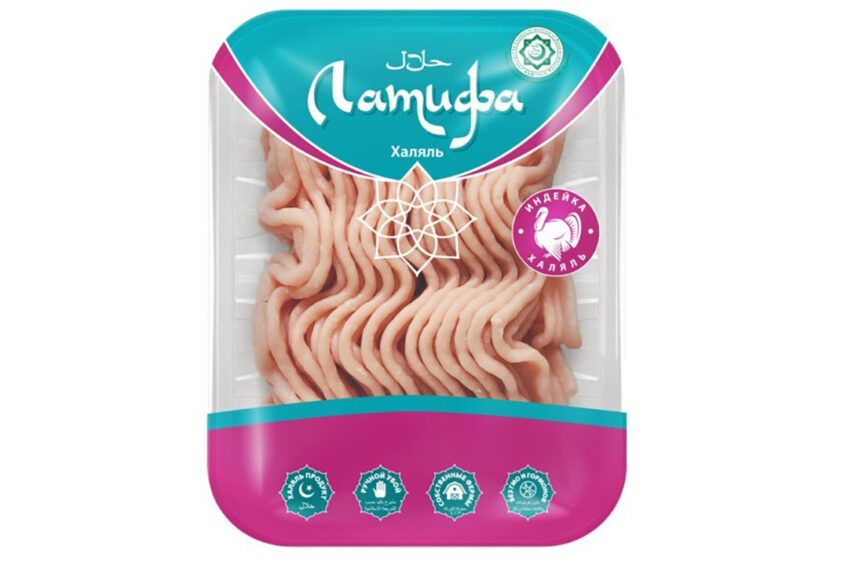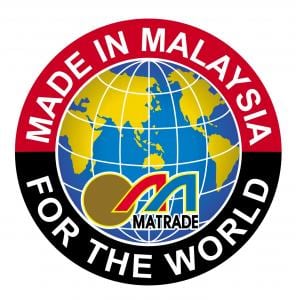ISLAMABAD – Pakistan has announced fresh
measures in new trade policy to improve competitiveness and quality of
products aimed at increasing the share of the products of small and
medium enterprises in total exports.
On
the basis of these new measures, the commerce ministry has projected a
15 per cent growth in export proceeds for the year 2008-09 mostly to be
generated from traditional and conventional products in a bid to
diversify the exports base.
Through
the trade policy, it was announced that health ministry will draw up a
proposal for establishing bio-availability and bio-equivalence
laboratories in the National Institute of Health.
Export
of free samples up to five per cent of quantity is allowed against
exports in the preceding year to pharmaceutical exporters. It has also
now been decided to allow exporting companies to send free samples to
the extent of 10 per cent of the commercial quantity exported in the
preceding year. In addition this sector would also be allowed to retain
15 per cent of their export proceeds.
A
committee comprising Ministries of Commerce, Health, Finance and
Federal Bureau of Revenue (FBR) will work out a detailed proposal for
grating pioneer industry status to biotech drugs, which is a high tech
value added sub sector of pharmaceuticals.
It
has been decided that TDAP would open an office in the Northern Areas.
Furthermore Minfal will also arrange for SPS controls at Pak-China
border for certification of cherry and other fruit products exports
since they are in great demand in the Chinese market.
To
facilitate exports to the Afghanistan provinces of Paktia (Gardez) and
Khost, it has been decided that a Customs station at Pak-Afghan border
would be setup at an appropriate location. This will reduce
transportation cost and delivery time to this area from Pakistan.
It
has, therefore been decided to establish a Halal Certification Board,
under the Ministry of Science and Technology, to devise and enforce
Halal Standards and certification mechanism for export of Halal food
products. Currently, exporters setting up slaughter houses are
facilitated by the Export Development Fund (EDF) picking up the first
six per cent of the mark up on investment financing. It has now been
decided to enhance this facility and the EDF will therefore pick up the
first eight per cent or 50 per cent of the mark up which ever is lesser.
It
has now been decided to increase the limit to $50,000 from $25,000
worth of samples to foreign buyers in the case of automobiles. A study
will be conducted jointly by the FBR and the Ministry of Commerce to
quantify the extent of refund of indirect taxes on input cost incurred
on manufacturing of merchandise, which will become due on this account.
To
promote export of herbal medicine, 50 per cent of the cost of
registration of herbal medicinal products abroad shall be picked up by
the government as is done in the case of export of pharmaceutical
products.
It
has been decided that consultancy services will be arranged through FAO
/ INFOFISH for agriculture; Peeling shed at Karachi Fish Harbor will be
set up in coordination with TDAP and Sindh government. Funding will be
arranged through the Public Sector Development Programme, training
programme for fishermen in catching of fish will be arranged by the
Sindh government. Initial programme of training for trainers will be
arranged in collaboration with TDAP. These measure will help in
improving seafood exports.
The
initiative of hiring of consultants for benchmarking studies of leather
garments exporting units will also be continued on a cost sharing
basis, ministry of industries would set up a wood seasoning plant and
NAVTEC will set up a couple of vocational training centres on modern
lines to meet deficiencies of wood seasoning plant and skilled labour.
To
promote floricultural exports it has been decided that a Flora Common
Facility Centre would be set up in collaboration with Punjab Government
near Lahore; depending on its success the project will be replicated in
other provinces. An irradiation facility based on the latest E-Beam
technology would also be set up in Karachi in collaboration with Sindh
government to facilitate export of horticultural products.
It
has also been decided that the existing facility of picking up the
first six per cent markup rate on loans obtained for cool chain and
cold storages for horticulture will be revised to eight per cent or 50
per cent of the prevailing mark up rate which ever is lower. The
umbrella National Trade Corridor Programme is also making provision for
development of a cool chain infrastructure.
Area
under rice cultivation is under pressure from other crops and the yield
is decreasing as no high yielding basmati variety after “Super Basmati”
has been introduced. The cumulative effect of these two factors could
erode the exportable surplus. It is therefore proposed that:- The
ministry of Food and Agriculture (Minfal) may focus on evolving new
varieties and increasing area under rice cultivation. Paddy harvesters
and paddy dryers may be provided on matching grant basis in rice
growing areas; Minfal will explore the possibility of using
Agribusiness Support Fund for this purpose.
Initially
for demonstration purposes four dryers and harvesters will be provided
from the EDF to Minfal. Furthermore rice farm machinery namely paddy
harvesters and dryers will be importable from India through Wahga by
road. Unhindered import of rice seeds increase disease risks therefore
all such imports shall undergo strict quarantine measures. For this
purpose the “Seed Act” and other related laws will be amended
accordingly.
In
order to develop handicraft sector and make it a viable industry it has
been decided that consultants of international repute would be engaged
to suggest improvements in the development of handicrafts with a view
to achieving a quantum jump in their export.
Arrangements
will be made to expose master craftsmen to international designs and
trends. The 11 new industrial clusters will be established across the
country.
It
has been decided that a system of voluntary pre-shipment inspection and
sampling of agro-products for exports will be introduced. In this
regard lists of concerned products, corresponding standards and
accredited labs shall be notified by commerce ministry after
consultation with Minfal and ministry of science.
It
has been decided that a Trade Dispute Settlement Organisation, under
the administrative control of Ministry of Commerce, will be set up to
deal with trade disputes arising from exports.
The
TDAP Act will be amended to revisit the working and structure of the
organisation so as to make it more responsive to the exporter’s needs.
It has now been decided to expand the outreach of the National
Productivity Organisation (NPO) by funding “Training of Trainers” for
auditors from EDF in production, energy and labour productivity audits.



